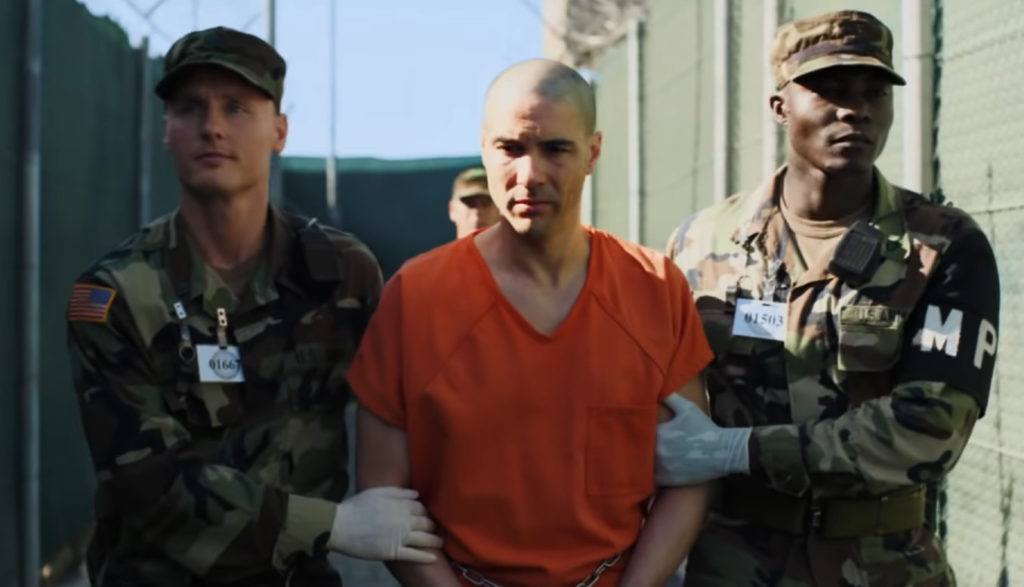The Mauritanian

Tahar Rahim stars in THE MAURITANIAN. (Photo: STX Films)
Still fresh in the minds of many moviegoers 20 years later, the Sept. 11 terror attacks and the unfortunate political aftermath provide the backdrop for The Mauritanian, an impassioned drama in which the titular anonymity of the protagonist is quite intentional.
Not as provocative or revelatory as it aspires to be, this straightforward procedural still sufficiently gets the blood boiling, despite crowd-pleasing embellishments to its intriguing true-life source material.
The title character is Mohamedou Ould Slahi (Tahar Rahim), who has been held by the American government in Guantanamo for years, ostensibly due to suspected connections to the attacks. But he’s never been charged or given a trial date.
Enduring constant physical and psychological torture, Slahi maintains his innocence and just wants to go home. He finds an advocate in Nancy (Jodie Foster), an idealistic yet resourceful defense attorney specializing in human-rights cases. “They built this place out of the reach of the courts for a reason,” she tells him.
Nancy teams up with a young assistant (Shailene Woodley) in a quest for justice, while the Cajun military prosecutor (Benedict Cumberbatch) becomes conflicted after discovering evidence to suggest a possible conspiracy.
As directed by Kevin Macdonald (The Last King of Scotland), the film allows its performers to shine. French actor Rahim (A Prophet) offers a committed performance that puts a face on the oppressed. Meanwhile, Foster’s feisty character provides the audience with a window into this case and all of its bureaucratic red tape that stacks the deck against the accused.
The Mauritanian doesn’t aim to be even-handed, which is fine as long as it’s persuasive — after all, there’s a certain partisan audacity to portraying the United States government as the enemy.
As an expose, the film is more of a mixed bag, although we do sympathize with Slahi and his plight. Based on Slahi’s memoir, the screenplay oversimplifies the broader issue of systemic abuse and administrative cover-ups, especially in its heavy-handed ending, but is powerful in its more intimate, character-driven moments.
Overcoming its formulaic tendencies, the film challenges the core values of the legal and prison system, and the ways in which politics and public perception can provide undue influence.
Along the way, it credibly scrutinizes American foreign policy in the volatile post-9/11 landscape, as authorities arrest and violate the rights of suspects like Slahi first, then figure out the truth later.
Rated R, 129 minutes.